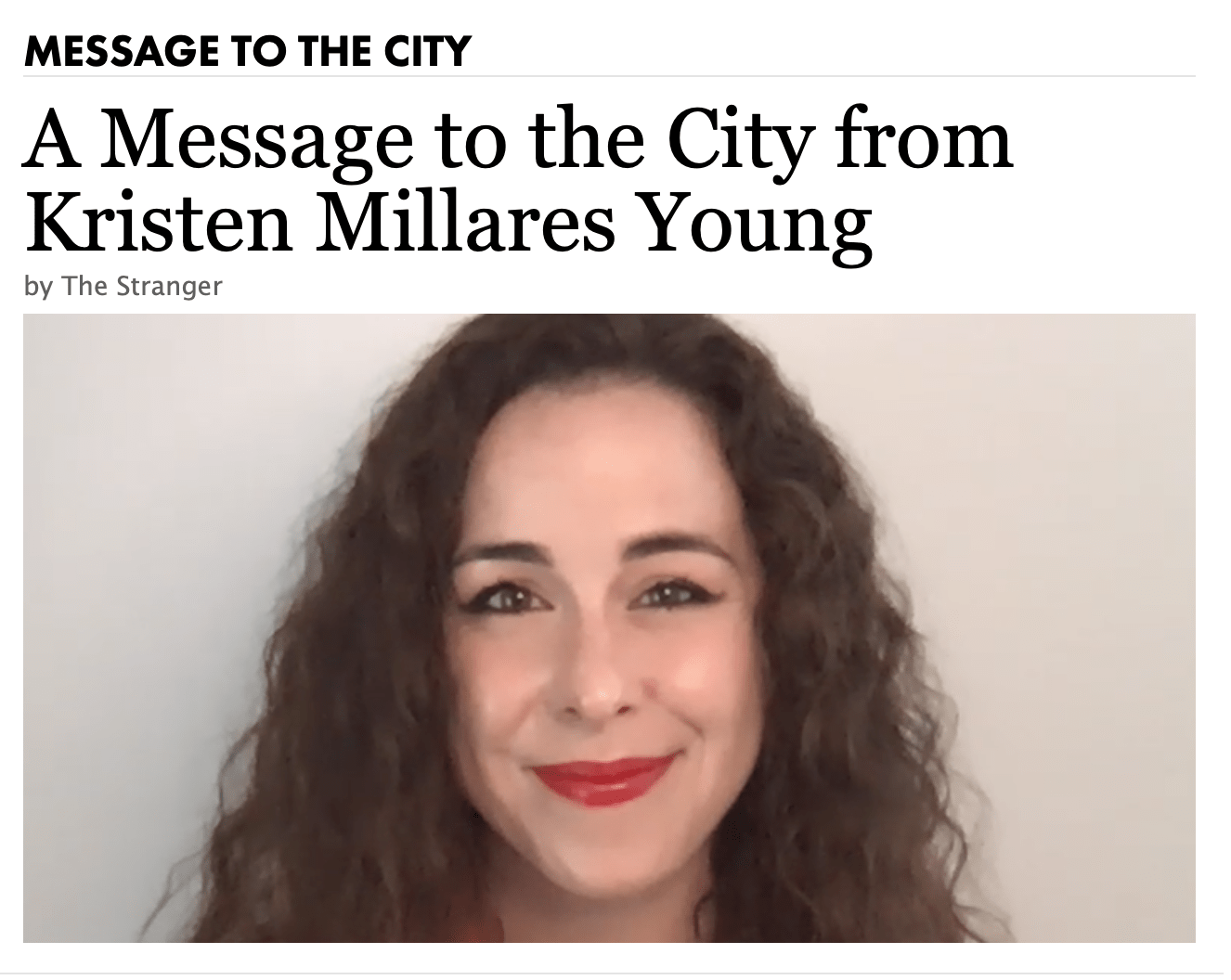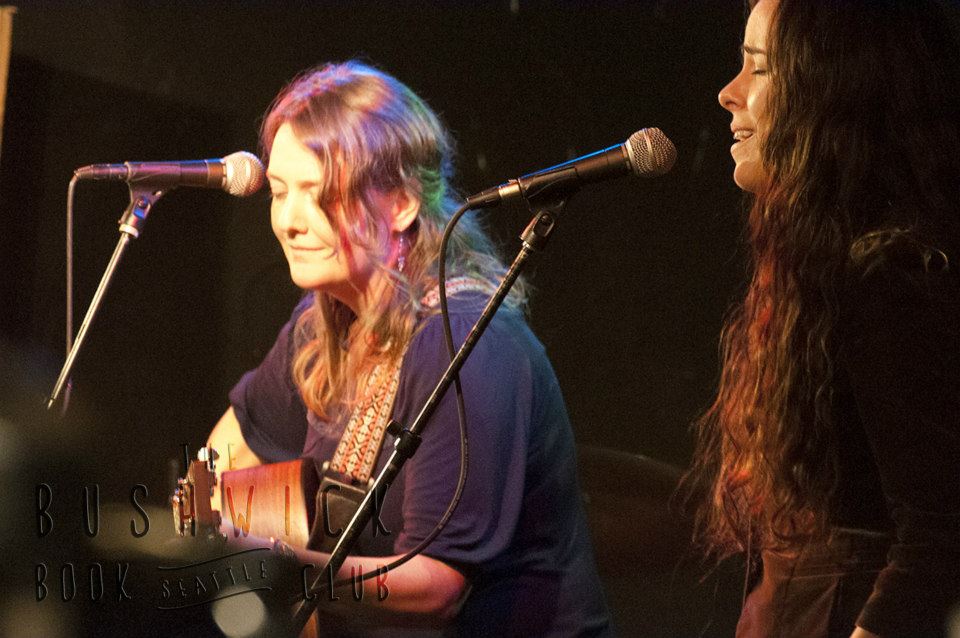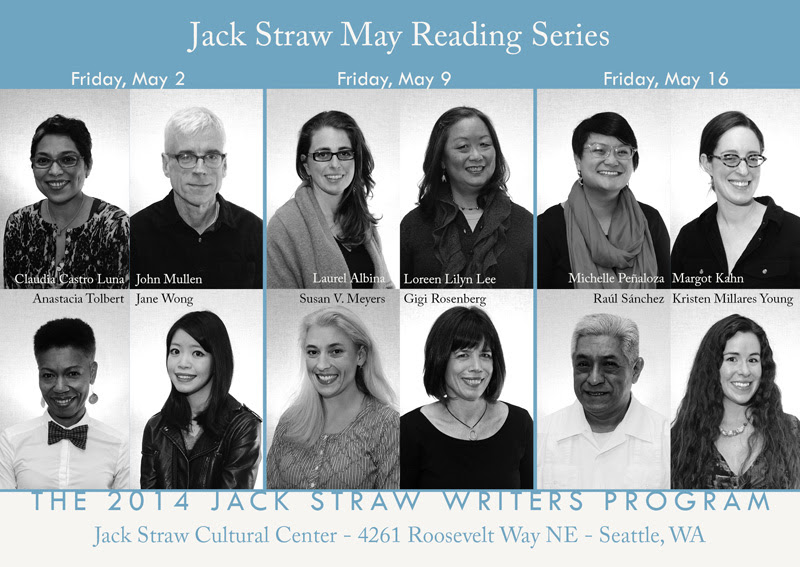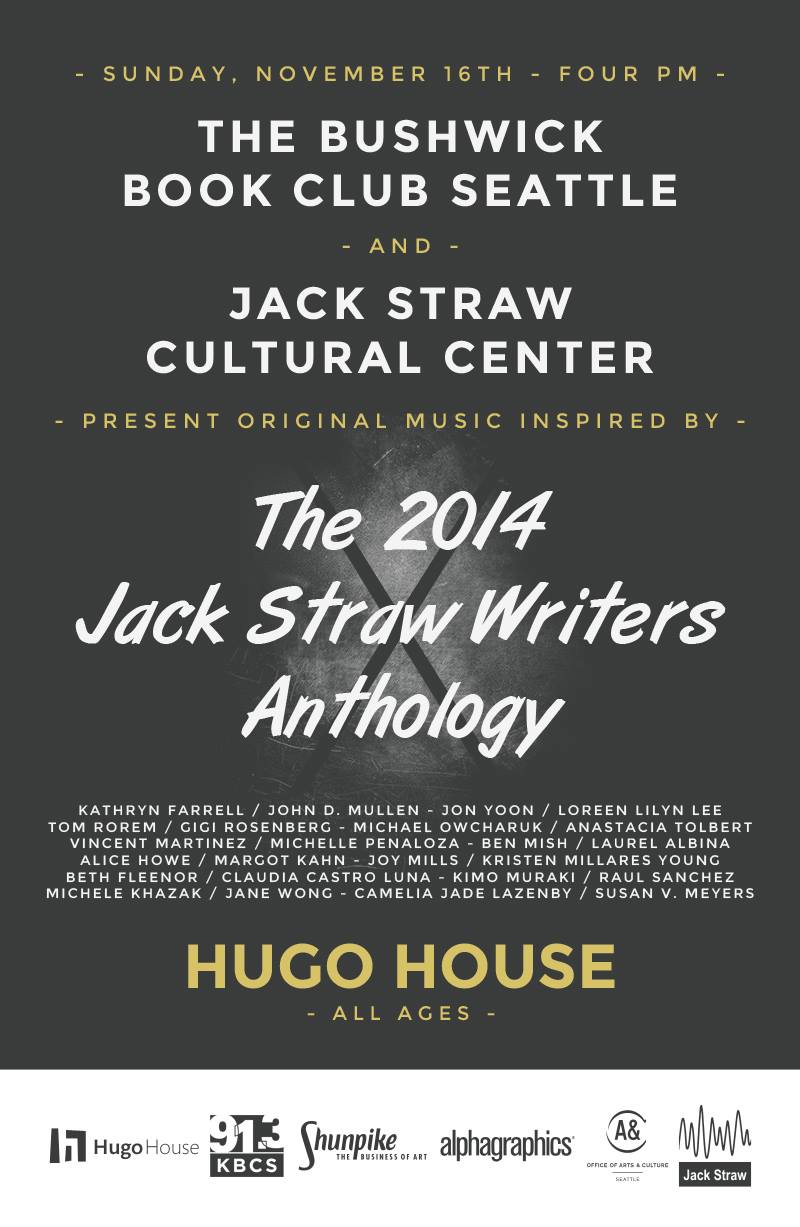
I welcome your thoughts about the ideas I shared in this ten-minute Message to the City, which concludes with a visual poem, and which is transcribed below.
Good morning, Seattle.
My name is Kristen Millares Young, and I am a novelist, essayist, book critic and investigative journalist. My debut novel Subduction is a lyric retelling of the troubled history of encounter in the Americas. Subduction came out on April 14th—not an easy time for anyone, but the dedicated indie booksellers at Elliott Bay Book Co and Third Place Books have helped me keep a sense of purpose.
I am also, newly, an editor thanks to Seattle City of Literature, which commissioned me to curate a collection of ten essays in which artists and storytellers reflect on what it means for Seattle to be a UNESCO City of Literature. This collection, called Seismic, is not a commemoration. It is a call to action. How can literary culture influence social change? Seismic is a living portrait of a city we love too much to lose.
If I had to tell you why Seattle is a literary city, I would say it is because I was able to become myself here. I learned how to inhabit my mind in this place. To hold space for your own story can be a revolutionary act.
The kindness and cruelty I have encountered in our region and history have compelled me to claim my responsibility in our era. When I first moved here in 2004, I became a reporter for the Seattle Post-Intelligencer, now gone. Hurrying around town to conduct interviews on deadline, worried about the game of chicken that we play on sideroads, I learned to cope with the dark, wet chill of our winters. But I am haunted by the specter of a subduction-zone earthquake. Keep what you’ll need handy.
I didn’t always expect disaster, and I don’t know how we tolerate the cognitive dissonance of planting our lives in unstable soil. Those who moved here chose our fate within a seismic reckoning which I’ve come to see as myriad. Not just geologic but cultural. Not just topographic but economic. Not just historical but immediate.
This place helped make me who I am. Like so many settlers before me, I aim to stay. No es fácil. Food and shelter cost so much that people go without and are blamed for it. This, too, is a reckoning we must face—the compression of oncoming waves of workers in diaspora, come to seek jobs that may not provide. And yet, provide we must.
As a City of Literature, we carry stories for the unborn. What will we tell them of our time?
That in a pandemic we were asked to choose between profit and our vulnerable, elderly neighbors? That death forced us to keep a social distance? That to confront and heal our racial divides, we came together—or broke apart?
With gorgeous, evocative cut paper cover art by Mita Mahato, Seismic includes essays by Rena Priest, Jourdan Keith, Claudia Castro Luna, Charles Johnson, Mattilda Bernstein Sycamore, Tim Egan, Wei-Wei Lee, Anastacia-Renée, Dujie Tahat and Ken Workman, the great-great-great-great grandson of Chief Si’ahl.
The essays collected in Seismic represent a vision for our city that channels their best hopes. This pandemic offers an unprecedented opportunity for cultural institutions with racist legacies to reorient their practices to center and serve historically marginalized communities, rather than rebuilding structures and programs that replicate histories which erased the contributions of peoples of color.
Future societies will study our time for clues about what and whom we protected. They will see whether we preserved and shared our abundance.
For too long, we have ceded control of the narrative. To what end?
We cannot answer that question alone. Together we must own up to our collective role in the long story of living. Resilience is a quality cultivated under duress, over time, against the odds and in community.
We, whether newly arrived to Seattle or generations deep, are on Duwamish land, now deforested and poisoned by the hands of settlers who straightened rivers, sluiced hills and flooded shorelines in the name of prosperity that has not been shared. It is time to honor the Treaty of Point Elliott.
Native wisdom has endured through stories that have lasted for millennia. And that is what we must reach for—the millennia, not just those which have already unfurled but those which remain for others to endure.
As an arts community, we have seen what nonprofit boards and staff can do when a vision has been clearly and publicly articulated and shared. Right now, we are living in a moment that brings long overdue public attention to the value of black lives. To hold space for these stories is a sacred duty and a real joy.
But creating equity will require more than attention. Equity requires shared resources and opened networks. Unfunded initiatives are not effective. Some of you who are watching have been part of capital campaigns that garnered millions.
As a community, we need to enshrine our values for future generations. Arts administrators, I am asking you to create equity endowments – socially responsible funds that are invested in the long-term health of our communities – used for honoraria, scholarships, increased salaries and opportunities for peoples of color.
Also, and this is critical, the private sector needs to more than match the public sector’s commitment to the arts. The city of Seattle sets aside one percent of capital improvement project funds for the arts. I am here to tell you that the minds and futures of diverse writers are the true capital. Double down on investing in them, and start getting that money out the door. Artists are in need, and they have already shown us the way forward.
This multiyear effort will require you to confront and heal the racial divides that have plagued historically white-led organizations. As an artist and a nonprofit co-founder myself, I honor the work that awaits us all to make this vision a reality.
I’m glad The Stranger asked me to share my thoughts this morning. Today is as good a day as any to enact the changes we all know need to be made. Seismic will debut on September 15th as part of a virtual performance hosted by the Seattle Public Library.
I’m also grateful for The Stranger’s recommendation of SUBDUCTION’s virtual book party, offered on Friday, October 2nd by Hugo House, Red Hen Press and Elliott Bay Book Company, which like the Paris Review named SUBDUCTION a staff pick.
I am going to share a three-minute visual poem I made in collaboration with the Bushwick Book Club’s Geoff Larson, who plays an original composition on bass alongside visual animation by Jak McKool and photos by Anne Frias.
Today, I ask that you buy, read and invest locally. Even at a social distance, we are a community in thought. If the personal is political, then the local is global. Happy Friday.
Pa’lante,
Kristen Millares Young
P.S. Find me on Facebook, Insta & Twitter


